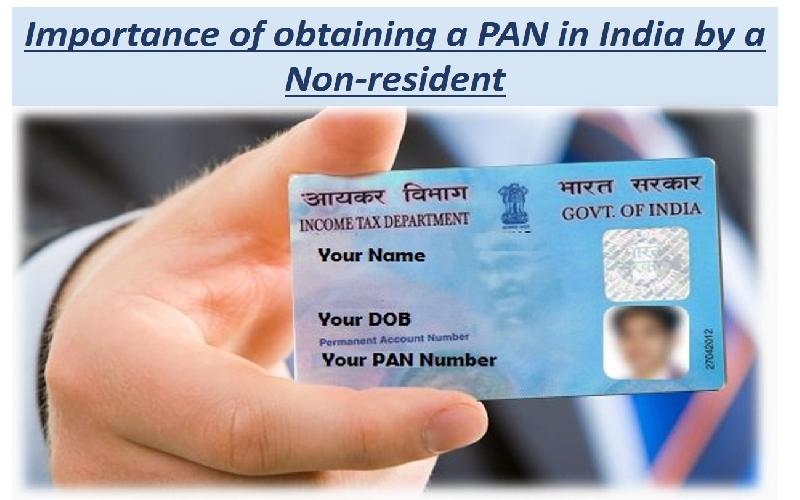Why a non-resident in India should obtain a PAN number?


If you are a NRI and think that it is not compulsory for you to obtain a PAN number in India, think again. If you generate income in any form in India, you are entitle to file income tax returns and hence required to apply for a PAN number. Let's look at an importance of PAN card for Non Resident Indians and obligations it comes with.
Importance of obtaining a PAN in India by a Non-resident
Obligation to file tax returns in India by a Non-resident
Long-term care insurance is a type of insurance that offers protection to an individual on the expenses that arise when he/she needs long term assistance or care due to the inability to perform basic daily activities. This article brings to life everything you need to know about long term care insurance..
Teaching cooking classes is a fast, easy way to start making money. These classes are very popular these days as kitchen meals are one of the healthiest options to opt for.
If you’re a first-timer in investing and you don’t know where and how, putting your funds in a time-deposit account is one good way to start. Let us learn everything about time-deposit account and how to invest your money in it.